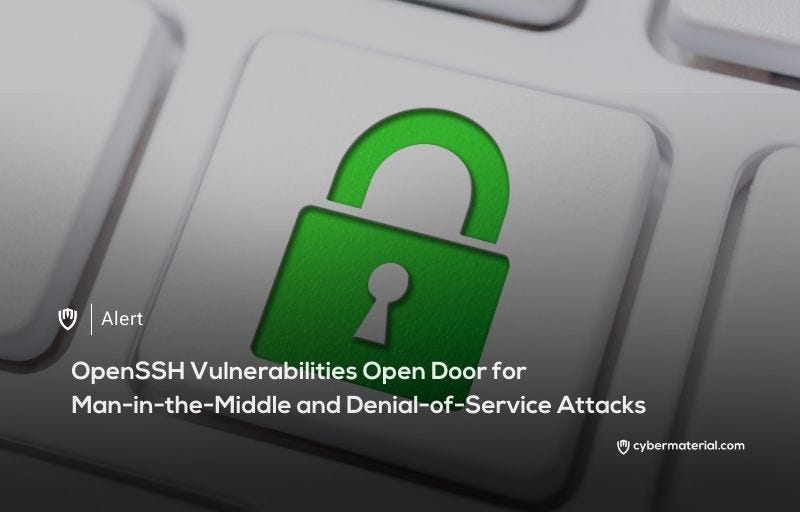
Two security vulnerabilities have been identified in the OpenSSH secure networking utility suite, potentially exposing systems to severe risks. The flaws, discovered by Qualys Threat Research Unit (T…

Two security vulnerabilities have been identified in the OpenSSH secure networking utility suite, potentially exposing systems to severe risks. The flaws, discovered by Qualys Threat Research Unit (T…